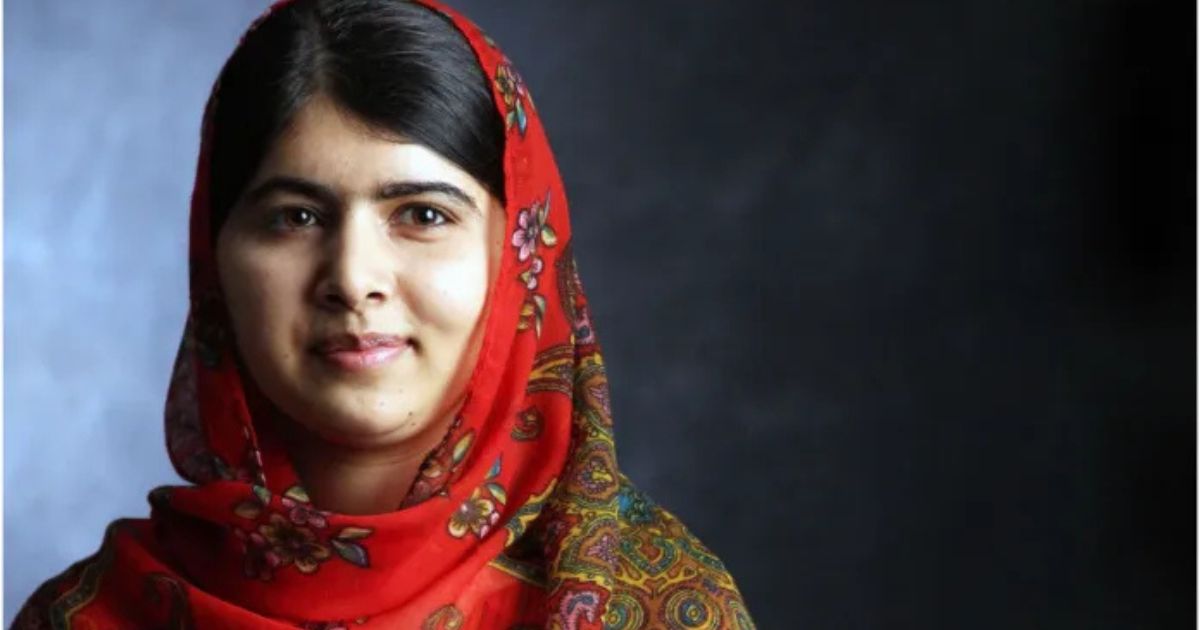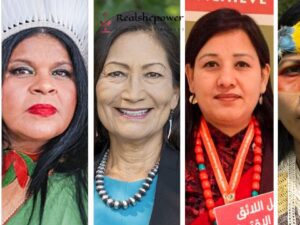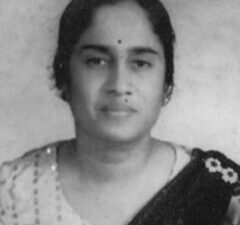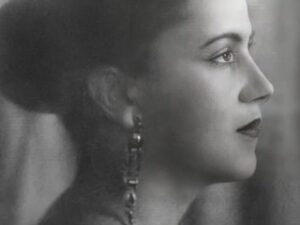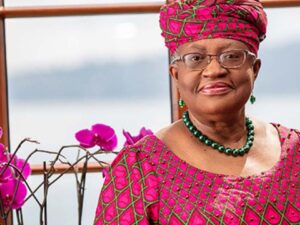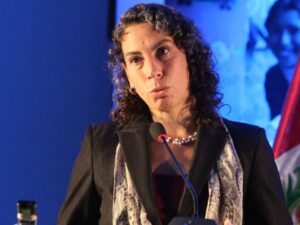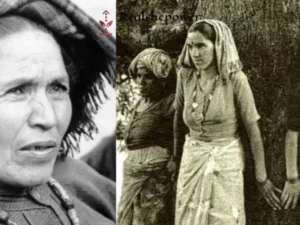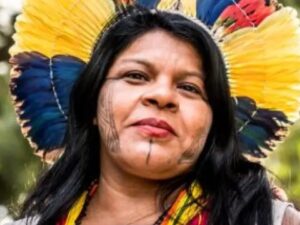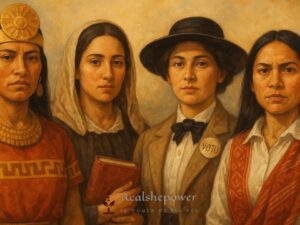Hey there, have you ever stopped to think about the incredible women from Ethiopia who are quietly or not so quietly shaking up the world? Ethiopia, with its ancient history, stunning landscapes, and vibrant culture, has produced some of the most groundbreaking female figures you’ll come across. These aren’t just stories of success; they’re tales of overcoming immense odds in a country where traditional roles have long confined women to the background. But boy, have they stepped into the spotlight! From shattering athletic records on global stages to leading economic reforms and advocating for the marginalized, Ethiopian women are trailblazers in every sense. In this chatty deep dive, I’ll spotlight a handful of these amazing ladies—think athletes who redefine endurance, entrepreneurs who bust gender stereotypes, and activists who fight for equality. Let’s dive in, shall we?

Let’s start with the queens of the track, because if there’s one area where Ethiopian women have truly dominated and inspired generations, it’s long-distance running. Picture this: It’s 1992, the Barcelona Olympics, and the world is watching as a young woman from a remote village in Ethiopia’s Bekoji area lines up for the women’s 10,000-meter race. That woman? Derartu Tulu. Born in 1972, Derartu grew up herding cows and running barefoot across the highlands, but she turned that humble beginning into history-making glory. When she crossed the finish line first, she didn’t just win gold—she became the first Black African woman to claim an Olympic medal in any sport. And get this: Her rival was South Africa’s Elana Meyer, and after the race, they ran a victory lap together, hand in hand, symbolizing unity in a time when apartheid was still fresh. Derartu didn’t stop there. She reclaimed gold in Sydney 2000 and snagged bronze in Athens 2004. Later, she conquered marathons in London, Tokyo, and New York, all while heading up the Ethiopian Athletics Federation today. Her story? It’s a beacon for girls in rural Ethiopia, showing that with grit and speed, you can unite a continent and inspire a generation. I mean, who wouldn’t want to lace up their shoes after hearing that?
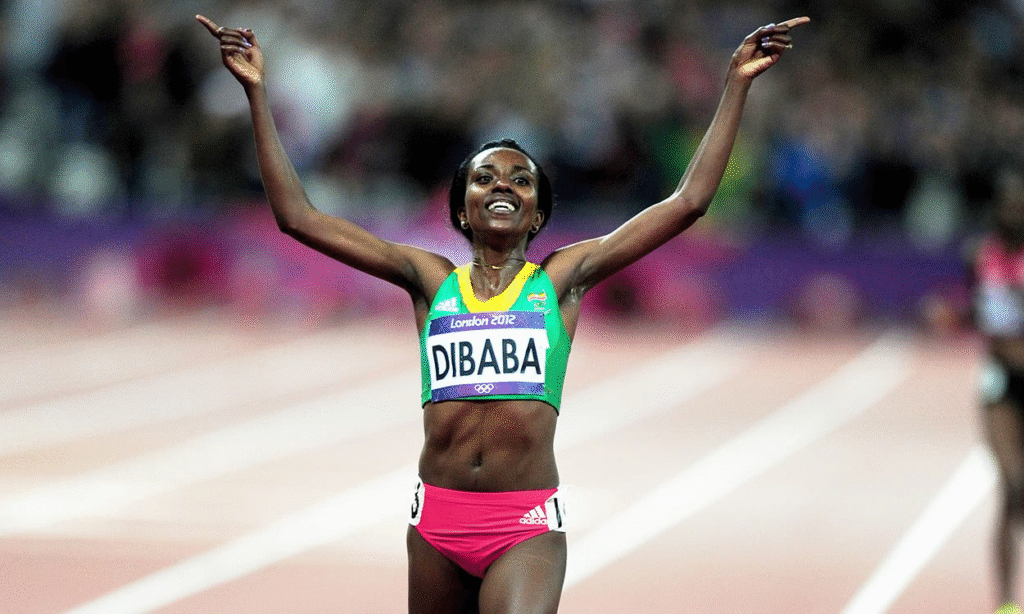
Speaking of running legends, let’s talk about Tirunesh Dibaba—often called the “Baby-Faced Destroyer” for her youthful looks and killer performances. Born in 1985 in the same athletics-hotbed region of Bekoji, Tirunesh burst onto the scene like a force of nature. She’s the only woman to win the 5,000m and 10,000m double gold at the Olympics, pulling it off at Beijing 2008 and adding another 10,000m gold in London 2012. That’s three Olympic golds in track events, folks! But her achievements go way beyond medals: She’s the world record holder in the 5,000m outdoor track, clocking an unbelievable 14:11.15 in 2008. Tirunesh also dominated cross-country, winning four individual World Cross Country titles. Coming from a family of runners (her cousins include the greats Genzebe Dibaba and the late Sileshi Sihine), she faced immense pressure but turned it into fuel. Off the track, she’s advocated for women’s rights in sports and even dabbled in politics. At just 40 years old now, Tirunesh’s legacy is about proving that Ethiopian women can excel in male-dominated arenas while pushing for gender equality back home. If Derartu opened the door, Tirunesh kicked it wide open.

And while we’re on the topic of shattering records, you can’t skip Tigst Assefa. This powerhouse from the Amhara region made headlines in 2023 by obliterating the women’s marathon world record at the Berlin Marathon. Running a staggering 2:11:53—over two minutes faster than the previous mark set by Kenya’s Brigid Kosgei—Tigst didn’t just win; she redefined what’s possible for female distance runners. Born in 1995, Tigst started her career in track events but transitioned to marathons with explosive results, including a win in Berlin the year before her record-breaking run. Her achievement was especially poignant amid Ethiopia’s challenges, like conflicts in regions such as Tigray, where many runners hail from. Tigst’s story highlights the resilience of Ethiopian women athletes, who often train in tough conditions yet perform at elite levels. She’s part of a new wave, alongside talents like Letesenbet Gidey from Tigray, who holds the 5,000m world record and has multiple Olympic medals. These women aren’t just fast; they’re symbols of hope, showing that even in adversity, Ethiopian grit prevails.

Now, let’s shift gears from the tracks to the boardrooms and battlefields of business and politics, because Ethiopian women are making waves far beyond sports. Take Sahle-Work Zewde, for instance. Born in 1950 in Addis Ababa, she’s a diplomat extraordinaire who broke barriers left and right. In 2018, she became Ethiopia’s first female president—a ceremonial but hugely symbolic role in a male-dominated political landscape. Before that, she served as the first female Director-General of the United Nations Office at Geneva and was Mozambique’s ambassador to France and UNESCO. Her career spans decades of navigating international relations, from her time as Ethiopia’s Ambassador to France to her stint as Special Representative for the UN Secretary-General in Central Africa. Sahle-Work’s appointment under Prime Minister Abiy Ahmed was part of a bold push for gender parity in government, where women now hold half the cabinet seats. She’s spoken passionately about empowering women and girls, saying things like how her role shatters the glass ceiling for future generations. In a country where women have historically been sidelined in politics, Sahle-Work’s poised leadership is a game-changer, proving that Ethiopian women can helm nations and global institutions with grace and authority.

On the entrepreneurial front, let’s chat about someone who’s turning heads in the tech world: Betelhem Dessie. Born in 1984 in Addis Ababa, Betelhem is the founder of Ibex Frontier, a company that’s revolutionizing logistics and delivery in Ethiopia and beyond. Recognized by Forbes as one of Africa’s youngest power women and a CNN “Female Entrepreneur Who Changed the Way We Do Business,” she’s built an empire from scratch in a sector dominated by men. Starting with a simple idea to streamline transportation in Ethiopia’s challenging terrain, Ibex now operates across East Africa, creating jobs and boosting e-commerce. Betelhem’s accolades are endless—she’s a Young Global Leader from the World Economic Forum, made Fast Company’s “100 Most Creative People in Business,” and even advises the UN on green industry. But what I love most about her story is how she mentors other women entrepreneurs, emphasizing that success in business isn’t just about profits; it’s about uplifting communities. In Ethiopia, where only a fraction of women access formal credit, Betelhem’s model shows how innovation can create opportunities for all. She’s proof that Ethiopian women are not just participating in the global economy—they’re leading it.

No conversation about trailblazing Ethiopian women would be complete without highlighting those fighting for social justice and the disabled. Enter Yetnayet Nigussie, a blind lawyer and activist born in 1983 who’s transformed lives through her advocacy. Despite losing her sight at age 10, Yetnayet earned a law degree from Addis Ababa University and founded the Ethiopian Center for Disability and Development (ECDD), which empowers people with disabilities through education and rights advocacy. In 2017, she co-won the prestigious Right Livelihood Award—often called the “Alternative Nobel”—for her work promoting inclusive development. She’s also behind the “Her Abilities Award,” honoring women with disabilities who’ve achieved greatness. Yetnayet’s journey is one of pure determination; she once said, “Disability is not inability,” and she’s lived that mantra by serving on over 20 organizations, including the Ethiopian National Association of the Blind. In a society where disabilities compound gender inequalities, her efforts have opened doors for thousands, making her a beacon for inclusive progress in Ethiopia.

And let’s not forget the everyday heroes breaking barriers in male-dominated industries. Women like Hanna Berhanu, a carpenter from Addis Ababa, are redefining what’s possible. With support from World Bank projects like the Women Entrepreneurs Development Project, Hanna modernized her carpentry business, buying advanced machines and hiring—get this—mostly women, including those from vocational training programs. In a field where women are rare, she’s expanded operations, created jobs, and challenged stereotypes. Similarly, Addisalem, another entrepreneur in construction, has scaled her firm by accessing finance that’s often out of reach for Ethiopian women (only 15.8% of firms get bank loans). These stories, amplified by initiatives like Save the Children’s LEEP program, show young women in regions like Sidama and Oromia turning small businesses into engines of change. They’re not just earning; they’re training others, diversifying income through things like mask-making during the pandemic, and dismantling gender norms one project at a time.
Wrapping this up, isn’t it amazing how these women—from Derartu Tulu’s groundbreaking sprints to Yetnayet Nigussie’s advocacy, and everyone in between—are reshaping Ethiopia and the world? They’re facing everything from cultural barriers and economic hurdles to regional conflicts, yet they persist with a resilience that’s quintessentially Ethiopian. Whether it’s on the Olympic podium, in the C-suite, or in community workshops, these trailblazers are paving the way for the next generation. If you’re inspired (and I bet you are), why not look into their stories more or support organizations empowering women in Ethiopia? The future looks bright, and it’s powered by these incredible ladies. What do you think—who’s your favorite from this bunch?




